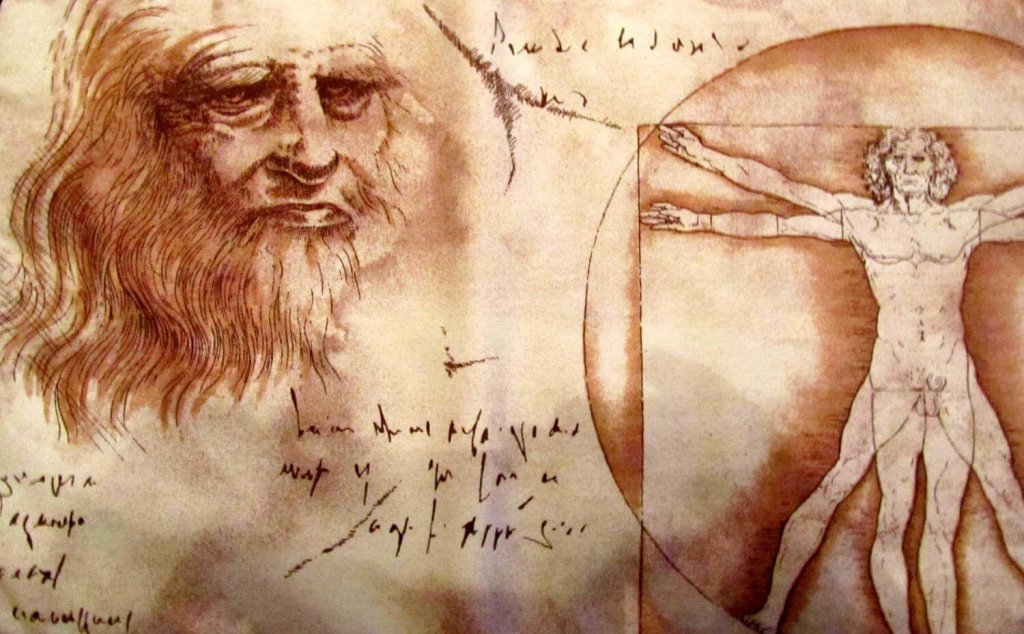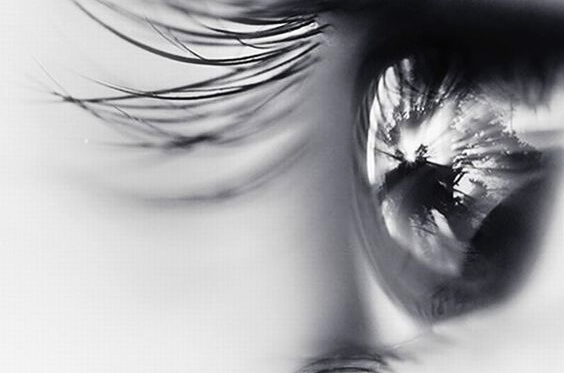How Can We Learn to Accept Death?

It’s odd how hard it is for us to accept the truest fact of life: death. After all, it’s an absolute truth that we are all going to die. Nobody escapes this fate but even so we spend a good part of our lives trying to ignore or evade it. Some people avoid all thoughts or conversations that have to do with death.
However, it hasn’t always been like this. In ancient Egypt, for example, death was a daily issue. The pharaohs and nobles, as well as their slaves, spent a good part of their lives preparing for death. Usually men of power designed their extravagant graves much in advance. They did not believe that life ended with physical death.
“Sleep with the thought of death and get up with the thought that life is short.”
-Proverb-
The ancient Romans also had a custom that says a lot about how they thought of death. When great generals won a military victory, they entered the city in the middle of an alley of honor. They were cheered by everyone.
However, behind them a slave had to go repeating this phrase in his ear : “memento mori”. This means, “remember you are going to die”. They didn’t want to hurry the moment; they just wanted to remind him that no triumph is so great that it will allow you to escape death.
Death as desire and purpose
The Middle Ages was the age of religious obscurantism, at least in the West. The world was seen as the creation of God and everything that happened in it had meaning within divine logic. Death was a step that allowed an encounter with God. Physical life was only a kind of prelude to that definitive and eternal existence.

One writing that really captures the era is the poem “Vivo sin vivir en mi”, by Santa Teresa de Avila. The first stanza says:
“live without living in myself
and in such a way I hope
that I die because I do not die”
This reflects the idea of death as desire. However, the impossibility of believing that there is an end to human life also persists in this poem. No matter how it was depicted, the reality of death was fully accepted. They didn’t struggle to accept death as a fact that needed to be talked about and remembered. It was given a symbolic explanation and seen as something to get ready for.
The struggle to accept death in the modern age
Science has disappointed a lot of people’s imaginations over the ages. Some of its truths are still resisted by many today. Modernity brought a new flowering of science. Leonardo Da Vinci, who was at the dawn of this age of science, dared to perform autopsies. With this, the sacred halo that hung over death began to crack.

Then came great doctors and scientists who started to fight death. The issue became a scientific one, not a religious one. Thus, one purpose of this new knowledge was to prolong life, which was now seen as the supreme good. It was also discovered that the human being was an evolved mammal and that the laws of biology applied to us just like with other animals.
A group of thinkers for the first time stopped believing in God and that there was something beyond physical life. Different movements appeared that expressed this and betrayed a serious frustration with life. Nihilism and existentialism are two of them. Those who adhered to these ways of thinking had an attitude somewhere between disappointment and criticism.
Facing death today
The industrial revolution brought with it mass production and a sense that there were no limits. The end of history was proclaimed and there was an unprecedented technological revolution. Step by step, we entered the world of the ephemeral, the disposable…. short life cycles, which end only to start again.
The idea of death has gotten diluted. It began to disappear from the anxieties of man. Time for reflection on the subject has been almost totally replaced by work. The rhythm of events hardly allows us to think about how we will organize our next hour, let alone our death. It’s as if death has become a catastrophic surprise, less real.

So intense is the denial of death that some even refuse to grieve it once it shows its face. They try to get over it quickly. Go back to your routine as soon as possible. Go back to your usual worries. Pretend that isn’t a reality, or, at least, only a distant one.
And what is the use of thinking about death? Why accept death as an inescapable fact? They’re questions many ask. The answer lies in the depression and anxiety that invades many of us. Perhaps if we accept death, it would be an exceptional way to learn how to really live life. Perhaps if there were greater awareness that everything eventually ends, there would be a reason to find meaning in this life.
It’s odd how hard it is for us to accept the truest fact of life: death. After all, it’s an absolute truth that we are all going to die. Nobody escapes this fate but even so we spend a good part of our lives trying to ignore or evade it. Some people avoid all thoughts or conversations that have to do with death.
However, it hasn’t always been like this. In ancient Egypt, for example, death was a daily issue. The pharaohs and nobles, as well as their slaves, spent a good part of their lives preparing for death. Usually men of power designed their extravagant graves much in advance. They did not believe that life ended with physical death.
“Sleep with the thought of death and get up with the thought that life is short.”
-Proverb-
The ancient Romans also had a custom that says a lot about how they thought of death. When great generals won a military victory, they entered the city in the middle of an alley of honor. They were cheered by everyone.
However, behind them a slave had to go repeating this phrase in his ear : “memento mori”. This means, “remember you are going to die”. They didn’t want to hurry the moment; they just wanted to remind him that no triumph is so great that it will allow you to escape death.
Death as desire and purpose
The Middle Ages was the age of religious obscurantism, at least in the West. The world was seen as the creation of God and everything that happened in it had meaning within divine logic. Death was a step that allowed an encounter with God. Physical life was only a kind of prelude to that definitive and eternal existence.

One writing that really captures the era is the poem “Vivo sin vivir en mi”, by Santa Teresa de Avila. The first stanza says:
“live without living in myself
and in such a way I hope
that I die because I do not die”
This reflects the idea of death as desire. However, the impossibility of believing that there is an end to human life also persists in this poem. No matter how it was depicted, the reality of death was fully accepted. They didn’t struggle to accept death as a fact that needed to be talked about and remembered. It was given a symbolic explanation and seen as something to get ready for.
The struggle to accept death in the modern age
Science has disappointed a lot of people’s imaginations over the ages. Some of its truths are still resisted by many today. Modernity brought a new flowering of science. Leonardo Da Vinci, who was at the dawn of this age of science, dared to perform autopsies. With this, the sacred halo that hung over death began to crack.

Then came great doctors and scientists who started to fight death. The issue became a scientific one, not a religious one. Thus, one purpose of this new knowledge was to prolong life, which was now seen as the supreme good. It was also discovered that the human being was an evolved mammal and that the laws of biology applied to us just like with other animals.
A group of thinkers for the first time stopped believing in God and that there was something beyond physical life. Different movements appeared that expressed this and betrayed a serious frustration with life. Nihilism and existentialism are two of them. Those who adhered to these ways of thinking had an attitude somewhere between disappointment and criticism.
Facing death today
The industrial revolution brought with it mass production and a sense that there were no limits. The end of history was proclaimed and there was an unprecedented technological revolution. Step by step, we entered the world of the ephemeral, the disposable…. short life cycles, which end only to start again.
The idea of death has gotten diluted. It began to disappear from the anxieties of man. Time for reflection on the subject has been almost totally replaced by work. The rhythm of events hardly allows us to think about how we will organize our next hour, let alone our death. It’s as if death has become a catastrophic surprise, less real.

So intense is the denial of death that some even refuse to grieve it once it shows its face. They try to get over it quickly. Go back to your routine as soon as possible. Go back to your usual worries. Pretend that isn’t a reality, or, at least, only a distant one.
And what is the use of thinking about death? Why accept death as an inescapable fact? They’re questions many ask. The answer lies in the depression and anxiety that invades many of us. Perhaps if we accept death, it would be an exceptional way to learn how to really live life. Perhaps if there were greater awareness that everything eventually ends, there would be a reason to find meaning in this life.
This text is provided for informational purposes only and does not replace consultation with a professional. If in doubt, consult your specialist.







